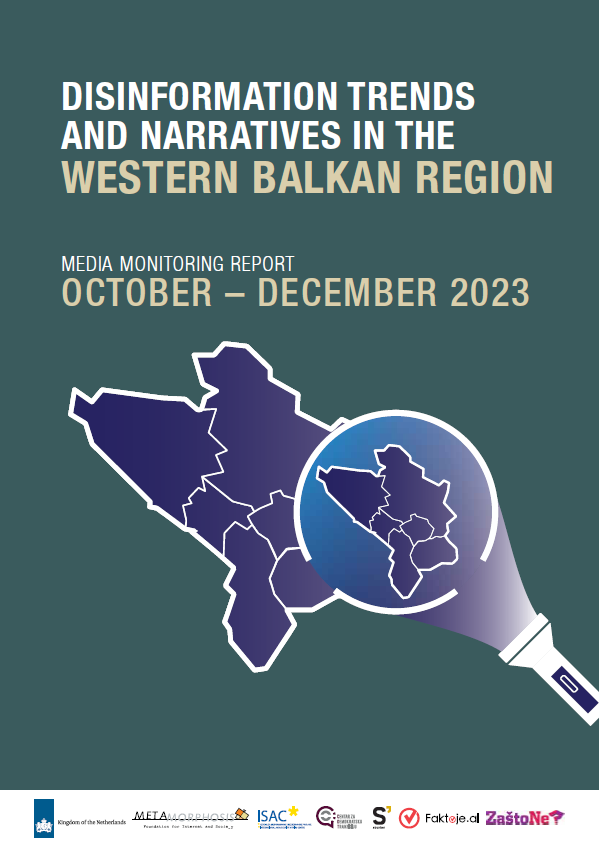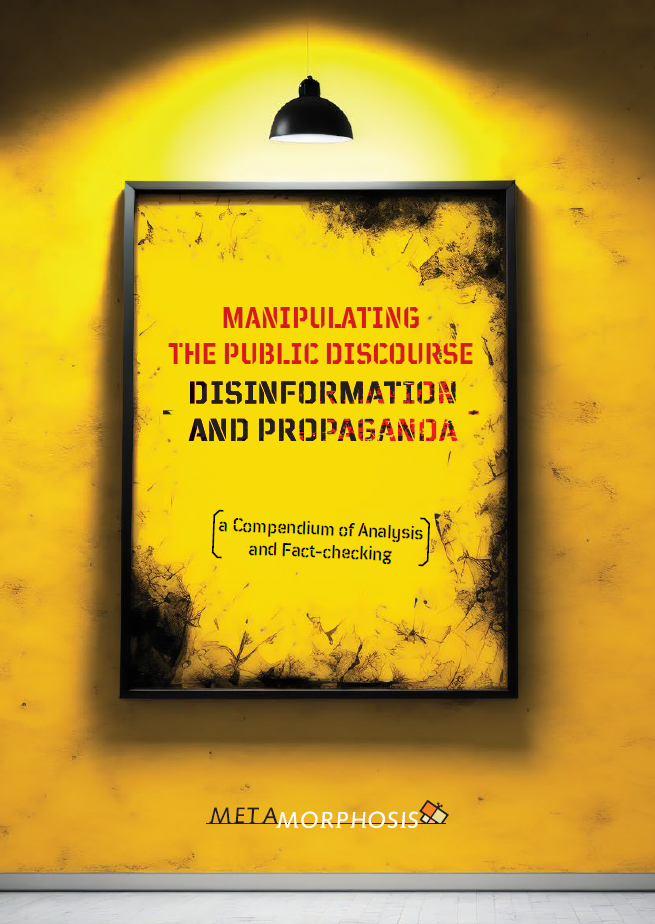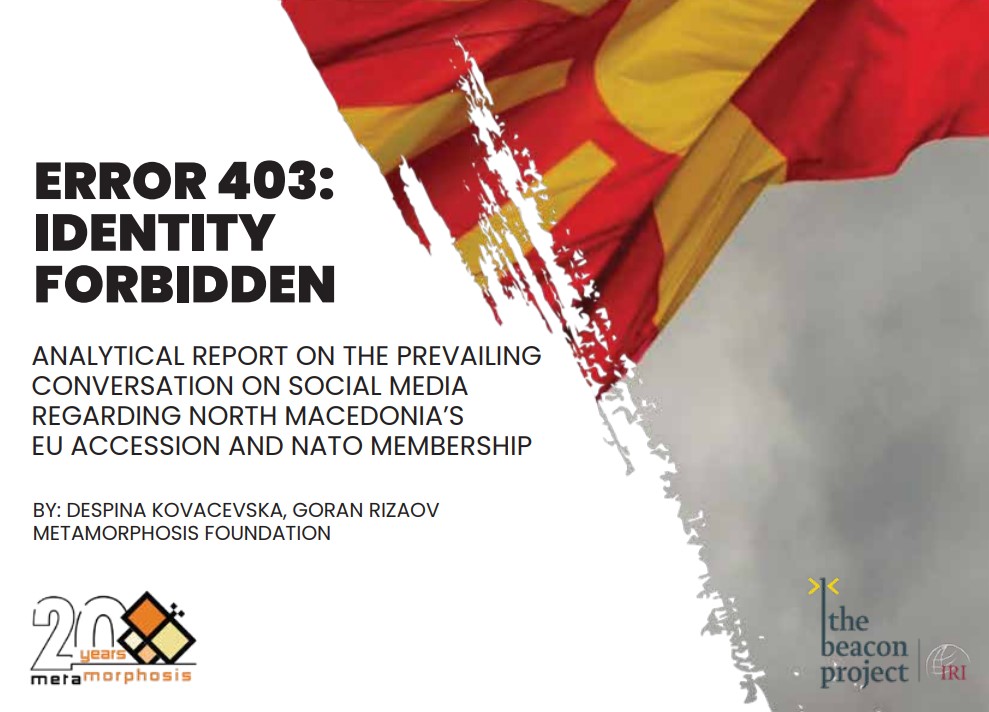
Establishment of entirely new integrity system centrally and locally; increase of the severity of the infringement policy in the main anti-corruption law and amendment to the existing law on protection of whistleblowers are just some of the recommendations that have arisen as conclusions from the research conducted by Metamorphosis Foundation which addressed the topic of Anti-corruption and Fight against Organized Crime.
This area is probably the crucial for the rule of law in one country and reaches to literally every branch of government and institutions thereof, thus reaches to all citizens who gradually lose their trust in the country they live in if they witness no changes and honest desire to put an end to the bad practices.
The title of this paper derives from the state of affairs that has been determined by the check of indicators, which show where we are at in this area. Namely, despite the strong declarative commitment for unwavering fight, the daily political routine shows that the creators of key laws and practices are ready for compromise due to this, that and the other, thus the executive or the legislative branch make unprincipled decisions, which further affect the judiciary.
With such last minute compromises, for example the amnesty or the amendments to the main anti-corruption law that seek to mitigate the provisions which are crucial for a strong anti-corruption commission, the fight against corruption or organized crime become mission impossible.
The research and discussions with experts resulted in the following recommendations:
- Establishment of entirely new integrity system centrally and locally
- Increase of the severity of the infringement policy in the main anti-corruption law and reconsideration of the procedures on the length of SCPC’s investigations about funding of political parties and electoral campaigns;
- Alterations or new amendments to the Law on Protection of Whistleblowers so its main role may be performed – increase in the number of corruption reporters;
- Amendments to and improvement of the legislation on forfeiture of property and managing the said property obtained by way of crime or corruption;
- Replacement of the internal police control system with an external system that exercises independence from the Ministry of Interior. This external system must have strong legislative authorizations and sufficient funds for staff and equipment, so it could be a line of defense against corruption and criminal behavior of certain law enforcement officers;
- Improvement of the police capacities for fight against organized crime and corruption, financial investigations about money laundering in particular;
- Budget-wise and staff-wise improvement of the Prosecutor’s Office for Fight against Organized Crime and Corruption;
- Creation of methodology and system for assessing the bill of indictments’ quality before they have been delivered to the courts;
- Formation of special commission as part of the Council of Public Prosecutors which would consider citizens’ complaints about possible corruption of certain prosecutors. This commission must be presented transparently before the public;
- Constant research teams of the so called judicial police, part of the Prosecutor’s Office for Fight against Organized Crime and Corruption;
- Establishment of solid and clear disciplinary liability system within the Judicial Council which would respond fairly and promptly to any report on suspected corruption of certain judges;
- Improvement of judiciary’s overall transparency as a line of defense against abuse of court proceedings or the entire court system by corrupt individuals in the judiciary;
- Strengthening of the protection mechanisms when the Law on Public Procurement is applied
This is the third research out of five planned within the Western Balkans and the EU Accession process: Application of Political Criteria regional project, implemented by the Center for Democratic Transition from Podgorica, Montenegro. The next papers will cover the media sector reform and the public administration reform.
The project is supported by the Embassy of the Kingdom of Norway in Belgrade and the Balkan Trust for Democracy, a project of the German Marshal Fund of the USA.




























